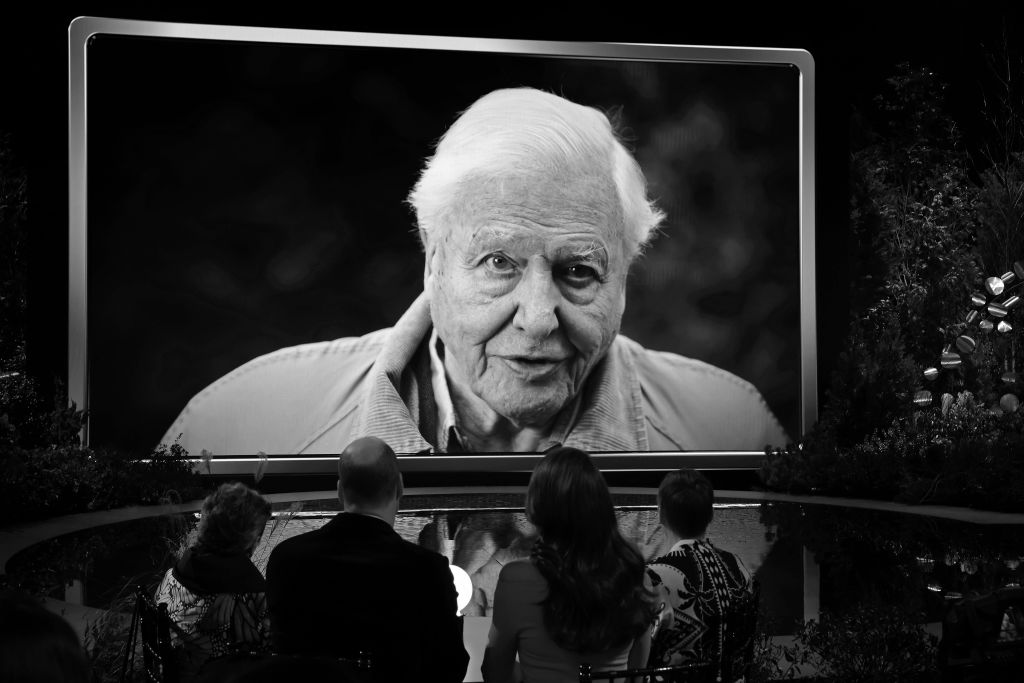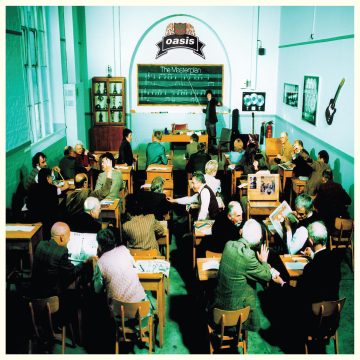
David Attenborough will return to our screens this weekend, narrating a flagship new series on British wildlife, but the BBC has decided not to broadcast one of the episodes over fears “its themes of the destruction of nature would risk a backlash from Tory politicians and the rightwing press”, according to the Guardian.
Tilted Wild Isles, the series on BBC One consists of five episodes looking at nature on the British isles, however it is understood that six episodes were filmed. Only five will be shown in primetime slots on the BBC’s main channel, with the sixth, titled Saving Our Wild Isles, set to be only shown on BBC iPlayer.
Senior sources at the BBC told the Guardian that the decision was made to “avoid potential critique from the political right.”
A BBC spokesperson has claimed that Saving Our Wild Isles is a separate film, merely “inspired by the series” and separately commissioned.
BBC will not broadcast Attenborough episode over fear of rightwing backlash https://t.co/1bJoNgUFxa
— The Guardian (@guardian) March 10, 2023
The decision to not broadcast the episode live on BBC One has angered the programme’s makers as well as people inside the BBC, with one source, who asked to remain anonymous, accusing the corporation of operating in fear of “lobbying groups that are desperately hanging on to their dinosaurian ways”, who would “kick off” were the show’s message “too political”.
The source added: “Frankly, this idea that you sort of put it in a separate programme to almost parcel it to one side is disingenuous. Why don’t they integrate those stories into all of them at the time?”
Laura Howard, who produced Wild Isles and used to work at the BBC’s Natural History Unit, told the Guardian she believes the show is factual rather than political.
“I think the facts speak for themselves. You know, we’ve worked really closely with the RSPB in particular who are able to fact-check all of our scripts and provide us with detailed scientific data and information about the loss of wildlife in this country. And it is undeniable, we are incredibly nature depleted. And I don’t think that that is political, I think it’s just facts.”
The BBC has been under pressure this week over impartiality, after comments made by Gary Lineker on social media. The Match of the Day presenter criticised the government’s new immigration bill, likening the language used to that of “Germany in the 30s”. Lineker’s comments were condemned by government ministers, including the home secretary Suella Braverman.
This week, the Telegraph newspaper reported the BBC had taken money from “two charities previously criticised for their political lobbying” to produce the sixth episode. The two nature charities in question, the WWF and RSPB, partly-funded Saving Our Wild Isles and are using it to launch a National Trust supported campaign called Save Our Wild Isles. The BBC are unaffiliated with that campaign.
The other five episodes are called Our Precious Isles, Woodland, Grassland, Freshwater and Ocean.
Caroline Lucas, the Green party MP for Brighton Pavilion, said: “For the BBC to censor one of the nation’s most informed and trusted voices on the nature and climate emergencies is nothing short of an unforgivable dereliction of its duty to public service broadcasting. This government has taken a wrecking ball to our environment – putting over 1,700 pieces of environmental legislation at risk, setting an air pollution target which is a decade too late, and neglecting the scandal of our sewage-filled waterways – which cannot go unexamined and unchallenged by the public.
“BBC bosses must not be cowed by antagonistic, culture war-stoking government ministers, putting populist and petty political games above delivering serious action to protect and restore our natural world. This episode simply must be televised.”
Springwatch presenter Chris Packham also criticised the decision, saying: “At this time, in our fight to save the world’s biodiversity, it is irresponsible not to put that at the forefront of wildlife broadcasting.”
Natural historian and TV producer Stephen Moss cited recent examples of BBC shows focusing on conservation actually leading to a political consensus. “Often,” he told the Guardian, “if you lead on environmental issues, people genuinely turn off. But if you drip feed it within the programmes and then hit people with a message at the end when you convince them how brilliant wildlife is, it tends to work.
“With Blue Planet, you got Theresa May standing up and you know, Philip Hammond, the chancellor at the time saying ‘this is the BBC as its very best’, you’re doing what Conservatives never do, basically praising the BBC and saying this is fantastic. So maybe that will happen with this. I wouldn’t be at all surprised if Tory politicians jump on the bandwagon and go on and on about how brilliant it is.”




